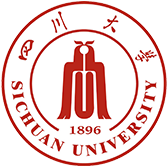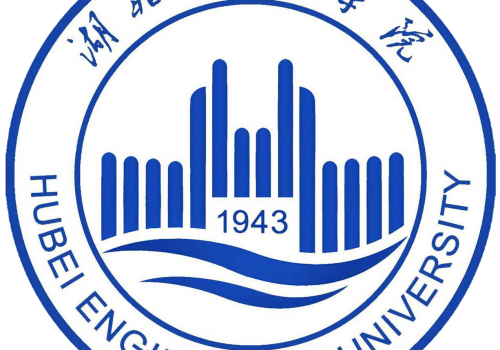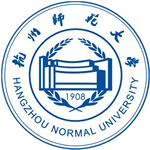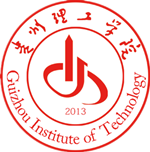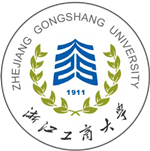About Nanjing University of Posts and Telecommunications
Taiyuan University of Technology (TYUT) is situated in Taiyuan, capital city of Shanxi Province, in the north of China. It was established in 1902 as one of the first three national universities in China. It is a key construction university in “211 Project” and national “double-first-class” project. There are four campuses: Yingxi Campus, Huyu Campus, Bailin Campus and Mingxiang Campus, covering an area of nearly 3200 mu (about 2.13 million square meters).
TYUT now has 30960 full-time undergraduates, 7017 postgraduates and 762 doctoral candidates. It also has 84 undergraduate specialized programs, 34 master degree programs in first-level discipline, 15 doctoral programs in first-level disciplines, 15 post-doctoral research stations, 14 authorized points for professional degree and 3 national key disciplines, 4 national experimental teaching demonstration centers, 5 national characteristic specialized construction points, 7 national “ engineering practice education centers” and 1 state key laboratory base cofounded by the province and Ministry, 4 key laboratory of the Ministry of Education. Engineering Science, Materials Science and Chemistry have entered the top 1% of ESI in the world.
It has 3549 teaching and administrative staff, including 2178 full-time teachers, 3 academicians of the Academy of Engineering, 1 academician of the Academy of Sciences, 244 doctoral supervisors and 1254 teachers with senior professional and technical titles
TYUT links itself to the local development and has achieved a lot scientifically in research. The promotion in research and technology have been put into application for further study in TYUT. The output and transformation of sci-tech achievement have promoted the development of the university high-tech enterprises, and highlighted the leading role of TYUT in the re-inventive high-tech production, and offered the technological and personnel support to the regional and industrial economy construction in the realization of prospering the nation by science and education. Especially in the process of speeding up the unification of learning, research and production, TYUT’s researching advantage and innovating capacity have successively materialized into real productivity to serve the regional and industrial development, and prominent contributions have been made to the national economy construction and social development.
With the globalized vision and international exchange, TYUT has consistently accelerated the international cooperation and communication. Programs of various levels and modes and mutual education have been in effect with many universities and colleges from the U.S., Japan, the U.K., Australia, Canada, Germany, Russia, France, Italy and others. The more frequent international communication at higher academic level has helped upgrade TYUT’s reputation both at home and abroad.
Learning and activities
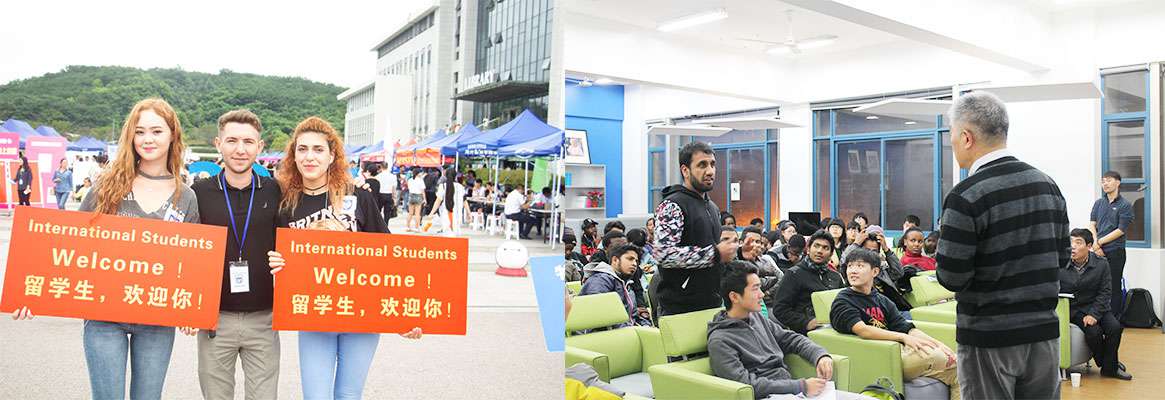
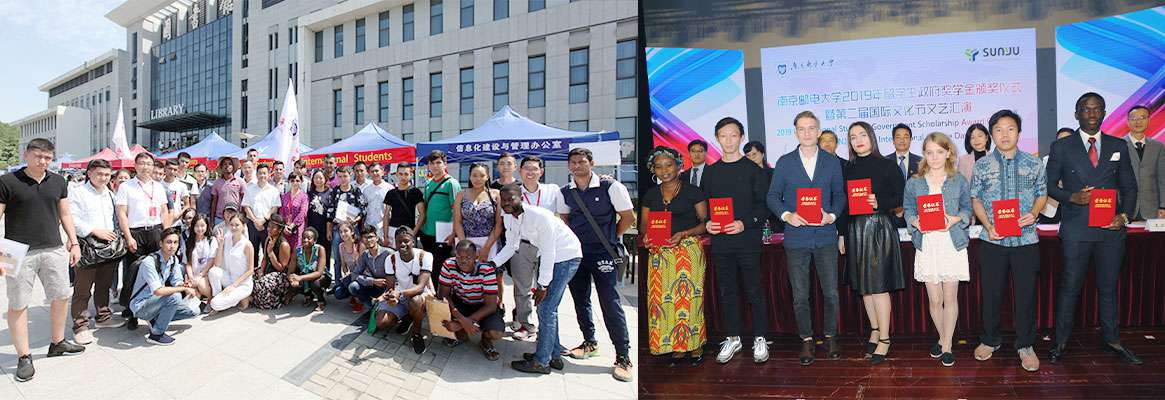
Accommodation conditions


Campus Scenery
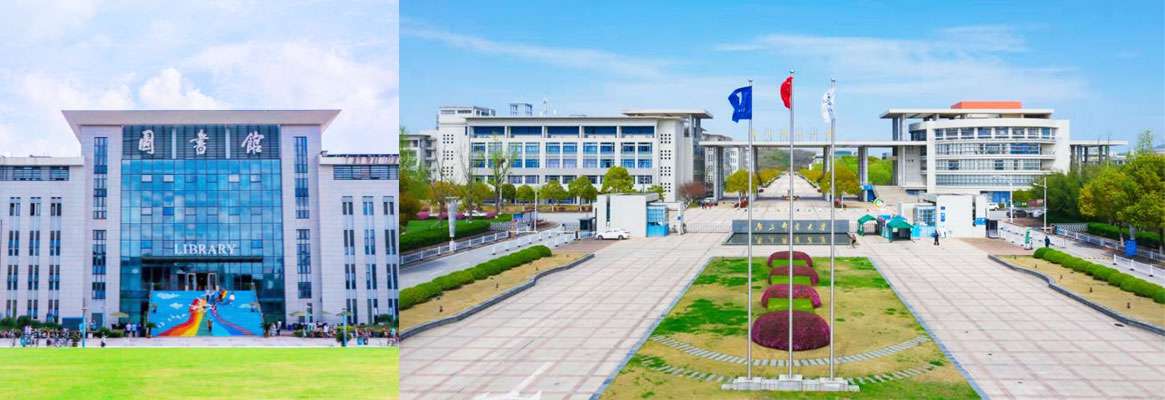
NJUPT has a well-structured faculty of over 2600 people, including 984 supervisors to doctoral and master students. Among full-time faculty, 60.67% have advanced professional titles, and 95.70% possess doctoral or master’s degrees. A Nobel laureate has joined NJUPT faculty, taking the lead among universities in Jiangsu Province. NJUPT boasts no lack of high-end talents on its faculty team.
Centering on the goals set by the university, the university will accelerate the development of world-class disciplines and high-level university in Jiangsu province, comprehensively improve the development quality, and steadily improve its educational level and general strength.
Established in 1958, the history of the Nanjing University of Posts and Telecommunications can be traced to the training class for the cadres of the General Postal Administrations during the wartime in 1942. Thereafter, it underwent a series of name and structural changes, including the Posts and Telecommunications Training Department of Shandong University (山东大学邮电专科部) and Shandong Postal School (山东邮政专科学校). Zhao Zhigang, Chief of the then Wartime General Postal Administration, served concurrently as the head teacher of the training class and the principal of the school in succession during the period from 1942 to 1947. In 1948, the school was formally named the East China Posts and Telecommunications School at Yidu (now called Qingzhou), affiliated to the East China General Administration of Posts and Telecommunications. It then moved from Jinan, Shandong to Nanjing, Jiangsu in August 1949. From 1942 to 1949, before the founding of the People’s Republic of China, it fostered many talents in the field of posts and telecommunications for the revolutionary war.
In December 1950, it was chronologically enlarged into the Nanjing School of Posts and Telecommunications under the direct control of the Ministry of Posts and Telecommunications, the East China School of Posts and Telecommunications, the Nanjing Institute of Posts and Telecommunications, and the Nanjing University of Posts and Telecommunications. After the reform of the leadership system of national universities in February 2000, the Nanjing University of Posts and Telecommunications started to be jointly administered by both the central and the provincial government, with the provincial government playing the principle role. In March 2013, the university merged with the Nanjing College for Population Management (南京人口管理干部学院).
Schools and departments
The Nanjing University of Posts and Telecommunications consists of 16 schools and departments, including:[3]
- School of Telecommunication and Information Engineering
- School of Electronic Science & Engineering
- School of Opto-Electronic Engineering
- School of Computer Science & Technology
- School of Software (Compus Net and Computer Centre)
- School of Automation
- School of Materials Science & Engineering
- School of Natural Sciences
- School of Geography and Biological Information
- School of Media and Arts
- School of Economics and Management
- School of Humanities and Social Science
- School of Foreign Languages
- School of Oversea Education
- Department of Physical Education
- School of Continuing Education (School of Applied Technology)
NJUPT is a leading institution in many engineering subjects, such as telecommunications, transportations, electronics, and cybersecurity. Its highest national rank reached 76th in 2019 by the Shanghai Ranking.


